 |
| Gillian writing poetry... with a message |
(JEFFERY'S last words from previous post "...As Emily Dickinson wrote, "Tell all the Truth but tell it slant — / Success in Circuit lies..."
DOUGLAS
Jeffery, you should be a painter rather than a writer (IMHO ;0). Unlike what postmoderns persist in dictating to us, words do convey objective meaning (brush strokes may be beyond explanation, though not meaningless, but words aren't equal to a painter's brush strokes). By their very nature, words have a message; that's what words are. So I smell false dichotomy when I hear you pit story against message.
Again, I return to the greatest story, the Bible. It is story of the most stupendous quality AND it contains a clear intentional message (Paul even says that specific things about God are "clearly seen" in natural revelation, let alone in special revelation, special because it is a message of grace and love, one that uses words).
I could maybe agree with you if I only read the Bible's poetry and parables (though David and the rest did intend to deliver a message, nothing could be more clear when reading the poetry of the psalter and elsewhere in the Bible; and Jesus often explained the message of his parables, whatever else they are, they clearly are stories with an intentional message). There's a great deal of intentional message throughout the pages of Scripture, and a good deal of that is intentionally explaining with clarity the preceptual indicatives of gospel truth--the message, though finally it's all placarding a PERSON not mere precepts.
Is there still mystery? Of course, but that does not reduce the unequivocal message of the Bible to pure mystery. "what ever you do in word and deed, do all in the name of the Lord Jesus..." That does not mean that everything I write must be evangelism, but nor does it diminish evangelism or apologetics or other ways of communicating messages in writing to second-class status because it is not intentionally not including messages.
I find it somewhat ironic that you are intentionally communicating a message to me (us) about not intentionally communicating messages in literature, which seems a bit odd. When Oscar Wilde tells us that there is not a moral or immoral book, he has just communicated a moral understanding to us, a message, or is it an un-message? Either way it is no less an objective message he wanted to get across.
Should fiction spring organically from the authentic mystery of real life in a broken and bewildering world? YES, of course it will. But we all have some interpretation about what it all means, presuppositions that shape our story telling, including the author who wants to avoid admitting it. Compare it to historians who insist they are being purely objective in their research. They are?
Every historian has a historiography, studied or knee-jerk, but each historian selects sources, has predispositions, has projected outcomes in mind, and the ones who deny it the most may be the ones most under the influence of their predispositions. So do story tellers, and film makers, and poets. Painters and musicians do too, but those of us who daily use words are not in precisely the same artistic category as the others.
We writers use words, each one of which, like it or not, conveys a message in a microcosm. If what you mean is, write with honesty and authenticity, without slavish subordinating of story to message, then I'm with you all the way. But let's not switch that around and create a servile subordinating of message to story either. David didn't; Paul didn't; Jesus didn't either.
The Bible's message is not second-rate to its story. They are one. I'm teaching Merchant of Venice right now; does anyone read that play and think that Shakespeare is not telling an amazing story and that he has a purposeful message in it (among other things) about the nature of love? Antonio: "my purse, my person, my extremest means lay all unlocked before you." And Portia's father: "He who chooseth me must give and hazard all he hath." I would argue that the greatest literature is always purposeful and skillful on both fronts: story and intentional meaning, and that when we try to separate the two it's just as deadly as taking a pound of flesh from Antonio nearest his heart.
JEFFERY
Douglas, what is the message of a tree?
What is "the message" of The Good Samaritan or The Prodigal Son? (Good luck summing that up in one post, or one essay, or one book. People have been discovering new depths of those stories since they were first told.)
Similarly, what is the message of this poem?
so much depends
upon
a red wheel
barrow
glazed with rain
water
beside the white
chickens.
It is a very, very meaningful poem. I use it in writing workshops, and we circle it and circle it, finding new levels of meaning almost every time. I would never reduce the "meaning" within it to a "message." Might we discern "messages" from it? Perhaps, but I'd find that word to be too trite. But it is meaningful, in ways that move me, in everything from its shape to its line breaks to its rhythms to its sounds to its rhymes.
And once again, I have never said, nor implied, that storytelling shouldn't be "purposeful" about "meaning." Personally, I prefer to discover the meaning as I write, and then edit it by trimming away all of those excursions that don't contribute to that meaning, as I quoted O'Connor saying earlier.
So please stop implying that I am saying writers shouldn't care about meaning, or that they shouldn't be purposeful about it. I have said the opposite of that several times. Every day I hear more great artists talking about how they set out to "say" one thing and the work revealed something different, or greater. I also hear artists talking about the work of "discovery" during "play."
If you persist in suggesting that I don't think artists care about meaning, or that the work is not meaningful, then we're not having a conversation; you're talking to some imagined version of me. I have been using the word "message" to mean "something we can reduce to a paraphrase, some kind of solution to a riddle."
To me, the best stories are poetic... they suggest something more than a lesson that I can distill into a paraphrase.
DOUGLAS
I feel like you're evading my point. You don't write trees. You write words, each of which has a meaning, including tree. You write about trees, and you do so because they collect meaning in the experiences of real life. William Carlos Williams doesn't sound much like Lewis's favorite poet, does he? The Imagists had a clear agenda (they even had a 6-part credo in which they laid out the rules of poetry for conveying their meaning, their message). An intentional un-message is no less a message, is it.
JEFFERY
"The heavens declare..." "Day by day pours forth speech." I want to strive to make art that speaks the way God's work speaks... through suggestion, through invitation, through possibility. Because that is how the great works of art speak to me. Even if the artists themselves don't understand what they've done. I've grown closer to Christ because of the questions about faith that Woody Allen includes in his stories. He will outright deny that there is such a thing as right and wrong, or God; his stories suggest otherwise consistently. You are drawing stark lines between story and poetry and visual art and music that I do not believe exist so starkly.
I happen to believe that a tree *is* a story. It is also a poem. It is also a picture, both particular and abstract. And its relationship with music is profound. Again, George Macdonald:
"When we understand the outside of things, we think we have them. Yet the Lord puts his things in subdefined, suggestive shapes, yielding no satisfactory meaning to the mere intellect, but unfolding themselves to the conscience and heart." - George Macdonald
I will continue seeking out, and striving to craft, artwork that reflects that.
And for what it's worth, C.S. Lewis is wonderful, but I don't agree with him on everything. Neither did Tolkien. I didn't even like his stories much when I was a child because they felt too much like "lessons."
Whatever agenda the imagists did or didn't have, this poem by Williams is as precious to me as many of the psalms because of how its sounds, shapes, line-breaks, and word pictures contribute to a central meaning that classroom after classroom full of students discover as they work on it.
I look forward to beginning my next workshop with this poem, and with the assertion that it's "shallow." Because then we're going to spend an hour discovering its depths. But they take time to discover... much longer than the span between my earlier comment and Rebecca's announcement that it is "shallow."
From the beginning here, I've been passing along what I've learned from Macdonald, O'Connor, Dickinson, Lewis, Chesterton, T.S. Eliot, Thomas Merton, and more artists and teachers than are worth counting here. I didn't invent these ideas; I found them, and they captured much of what it is about art - narrative or otherwise - that I love. As their work reflects and demonstrate these ideas, there is an integrity to them that keeps bringing me back to them.
Anybody who says that I deny there is *meaning* in great art has misunderstood me from the start. I only meant to affirm what is a constant testimony among the artists that I've studied: That art is the work of incarnation, of making words flesh, of giving shape to things unseen... an activity built into us because we are made in the image of God. And when we engage in art, we can learn all kinds of things from that art, but if it is good art then what it reveals is ongoing. We may catch glimpses of it and share it in words. But it is bigger than any one person's version of its "message."
Grace and peace to you. Have a joyous Easter. I'm going back to the work I love... the pursuit of God's glory through the endless pleasure and remedial discoveries involved in exploring and making art.
DOUGLAS
I think I see our problem. We're using words to mean different things. (BTW, I'm a big fan of Woody Allen and discuss and explore his films in my conference speaking; though I grow closer in love with Christ from reading his love letter to me in his Word, filled with poetry and clear indicatives that have a message for me; I love you with an everlasting love, is both poetry and a message, not one or the other; that's not to say I don't often find many things unbelievers write or paint that deepen my longing to grow in grace and the knowledge of Jesus).
I use meaning and message much nearer to synonymous, which I think helps keep me from disparaging the message. I wonder if it wouldn't be helpful to keep story and message as closer verbiage kin so that we don't find ourselves elevating the story and denigrating the message (that is, the meaning of the story).
I hear you emphatically agreeing (no horns or teeth intended here, my friend) that there is an intentional meaning to the Bible's poetry. I just don't think that means that it doesn't equally have an intentional message, or that to say it does have a message is a reduction of the either the story or the meaning.
In fact, I find that dichotomy unhelpful. For several reasons, but take Ecclesiastes (great poetry), for instance. The poet concludes with nothing short of a summary wrap up of the message of the entire book: "The end of the matter; all has been heard," and then he gives a tight message summation of the whole (I'm more drawn to the poetry than to the wrap up, but the wrap up is also an important part of the divinely inspired poetry... and the message of that poetry, and so I don't think I'm at liberty to rate it below the poetry).
Or take God's words to Job when he meets him face to face; there's intentionality, meaning, purposefulness (all words that I think lead us to another related word: message). I wonder if you've not turned "message" into a four-letter word and by doing so your message is less than clear.
ROBERT TRESKILLARD (the writer who started this dialogue)
For me, I like the natural revelation / revealed word concept ... truth and beauty can be communicated both ways, and both are needed and help each other. Part of what we need to do is to step back and speak not of individual stories that *we* are telling (as if there was only one way), but to see the much greater story that *God* is telling through us to a lost and hurting and beauty-blind world. He is speaking through Jeffrey's novels in a way similar to natural revelation, and through Douglas's (and my) novels in a way closer to a revealed word ... but all of these are God's stories, and both are needed and support each other, and truth and beauty can be seen in both. Both can glorify God. (And may our craft be up to that challenge.)
DOUGLAS
All that said, I think we are more likely closer, much closer, than it may sound from this exchange on a very flat medium to work with. I totally agree with the way well-intentioned Christian writers and other artists so often artificially tack on the message and the expense of the poetry of the story.
We are kindred spirits on that, for sure. And I applaud you for writing books that are not "preaching to the choir" and that celebrate beauty and truth and love but without an explicit gospel message (the story of Esther never includes the word "God" after all, though the other 65 books do and do and do). We're neighbors, you know, geographically so as well as warmly otherwise, in my book.
JEFFERY
A tree is a "story" just the way a life can be a sacrifice. We're speaking poetically because practical language isn't sufficient.
"The Good Samaritan " is about a series of events that somebody observed and prioritized and shared. Somebody else observing that story might have told it differently, finding a different story. They both might tell true stories about the event. When I look at a tree, I see a story of a seed, a planting, growth, receiving, giving, beauty, fruit, serving, etc. I see poetic implications everywhere. But my version of that story isn't the Everything. Others will see other aspects of a story, other poetic implications. Any of them that are well-observed can give us more of the truth about that tree. But there's more to it than any of us are likely to sum up. In the same way, a great play, a great story, a great poem, and a great picture go on suggesting things that are beyond even what the artist anticipated sharing. I suspect that Shakespeare, were he to read all of the wonderful things that have been gleaned from his plays, would be surprised and delighted beyond words.
My favorite email I've received: Somebody objected to me paying attention to the truth that can be found in pagan fairy tales. She said, "If you think anything of value can be found in pagan fairy tales, then you've just opened Pandora's box." I love that. Because, in order to make a point about the meaninglessness of fairy tales, she used a fairy tale. The meaningfulness of that story became clear.
DOUGLAS
Jeffery, I read and teach pagan writers every day and love their work and gift and story and poetry (I love vintners, and chefs too, they're also artists), regardless of their declared world view. That's not where we disagree, trust me.
But by biblical definitions, message is a good word, and so is story. Jesus told the parable of the GS to clarify the message he was conveying to his disciples; the story served to help him help them understand his message; this order is throughout the Word. Everywhere throughout the Bible, the story of Jesus, as J I Packer likes to call it, we are hearing Jesus message, the message of reconciliation (2Cor 5:19, and so many more places).
I'm very uncomfortable with false dichotomies, especially ones that will inevitably appear to rank story over the message of reconciliation, steadfast love, a breathlessly wonderful message that unfolded as a story, that led the Lion of Judah to lay down his life for my sins. That story continues (without paring the claws of the Lion) as his redeemed messengers use each of our unique gifts to glorify and enjoy him now and ultimately forever. Blessings on your use of yours, my friend!



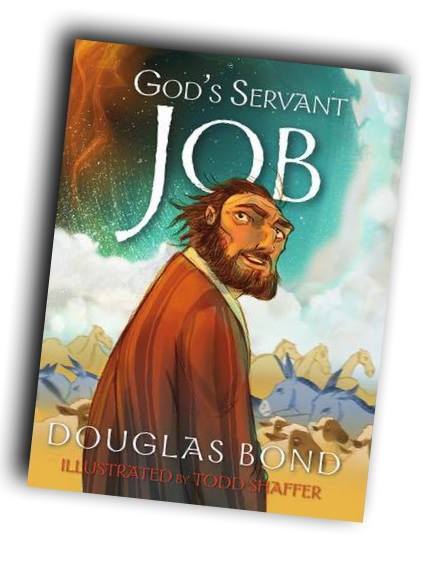


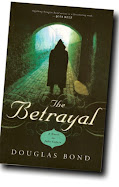
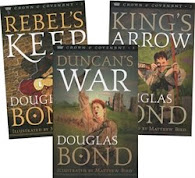
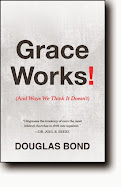
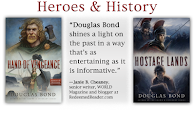

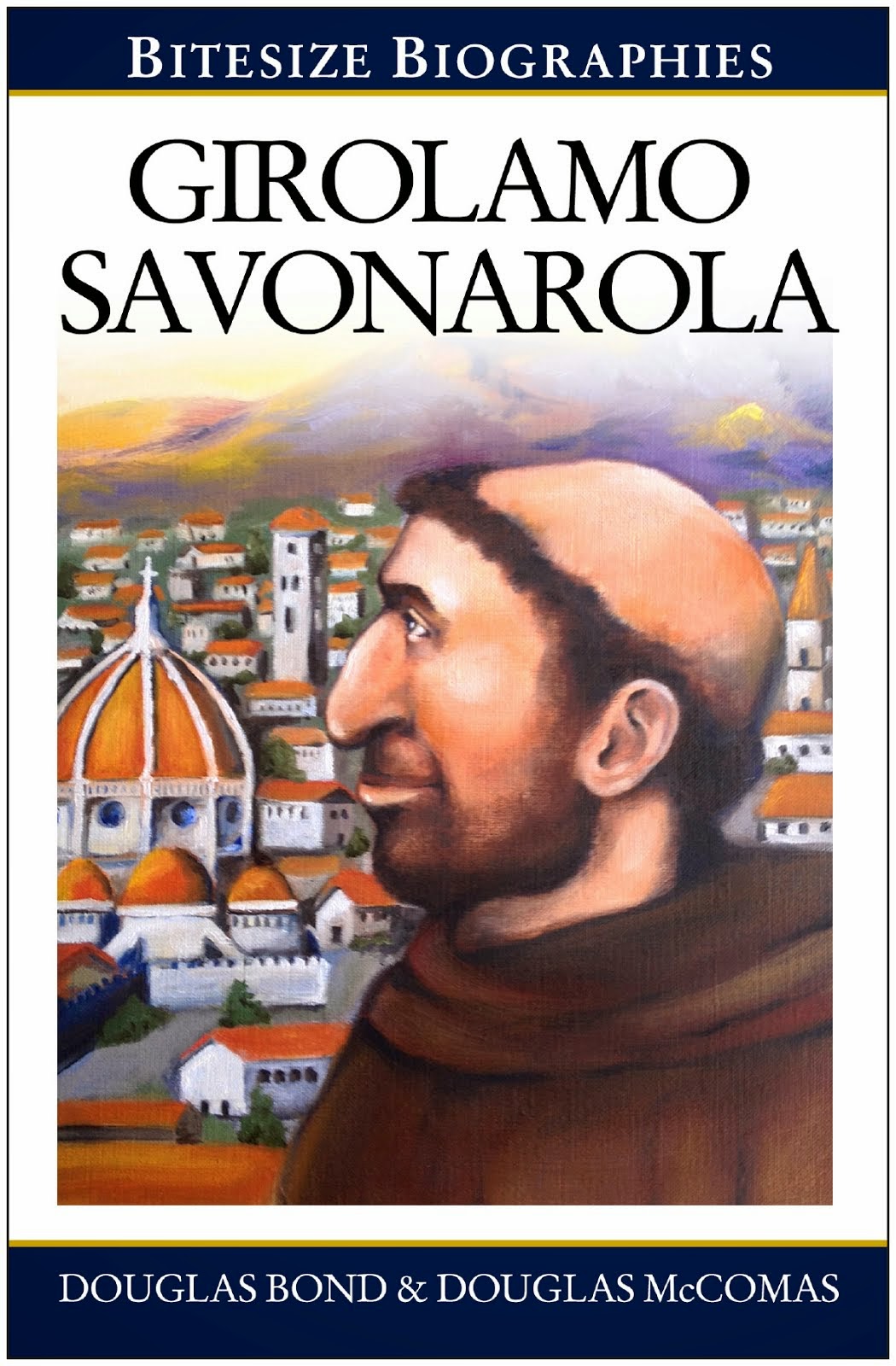


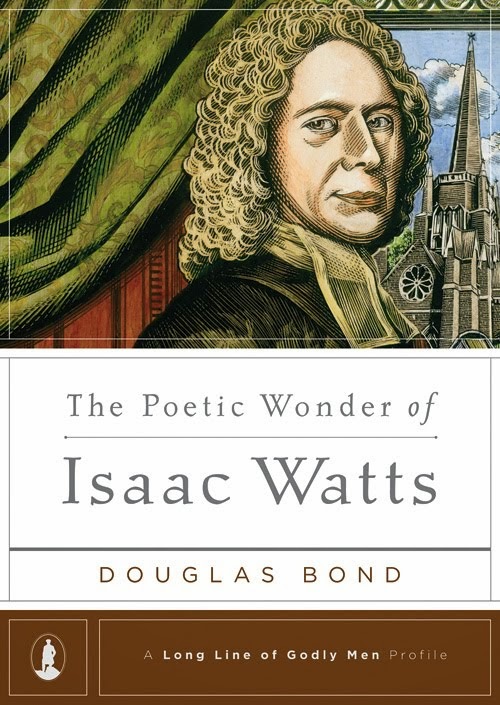




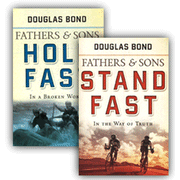

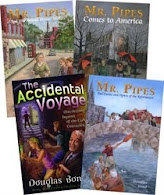

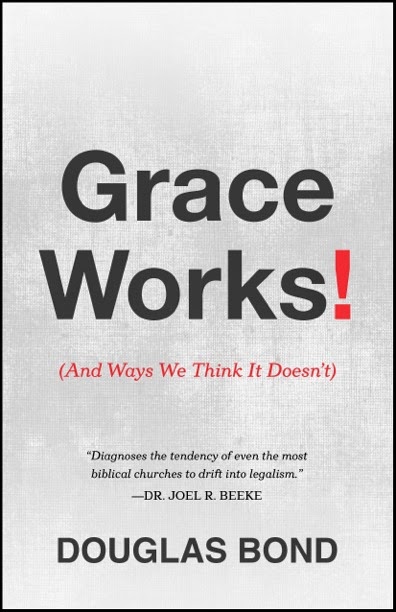
A theme that runs through out this discussion that both of you agree upon is that writers should flee simplistic writing. As environmental historian Donald Worster reminds us, "A historical truth cannot be nicely calibrated or made exactly predictive without being reduced to triviality." Both sides of this discussion agree upon that - triviality and simplistic morals ruin good literature - but overwhelming ambiguity does just the same. W.C. Williams was vastly overshadowed and still is by his contemporary Robert Frost who believed that "poems should begin in delight and end in wisdom" and wrote poems with messages that appealed to all men - the sixth grade dropout farmer and the harvard professor - in such a way as to "make [them] remember what [they] did not know [they] knew." Frost like O'Connor, did a good job of leaving the reader with enough objective truth to keep them chewing, and just enough hidden truth to keep them searching.
ReplyDeleteAnother facet of this conversation is that authors ought to build their writing style/method based on who they are called to write to, it is clear that both of you, Douglas and Jeffery write to a different audience. Douglas writes historical fiction for younger Christian readers directly and if a young nonChristian happens to read it that's an added bonus. Jeffery, though I've never read any of his work seems to write to a secular audience. If by writing to this audience, Jeffery keeps them searching for more, the Holy Spirit can use that. But it takes the true words of the Gospel to capture the heart of the lost. I think Robert hit the nail on the head by relating Jeffery's writing to natural revelation - the Holy Spirit can use it to "leave them no excuse" but it is essential that there is also direct revelation. Think of where we would be had the Lord not simplified the gospel down so our finite minds could grasp it. Thus to some degree it is necessary to compress the truth down to a comprehendable message.
Well put, indeed! Here is my comment from another FB trail on this same material: So does my understanding of the organic integration of story and message relegate everything I write to a christian only reading audience? If I'm right, will there be two kinds of books, Christian and the others?
ReplyDeleteThis is not a big concern or question for me as a writer. Frankly, I think that worrying over much about it will create an artificial aping of secular writers by Christians who write but whose greatest fear is that they will be known as a Christian who writes.
I'm sure that my books are read mostly by believers, though i know for a fact that this is not exclusively the case. I had an interesting experience recently that is relevant to this whole discussion.
I was met at the grocery store by a man I had never seen before who recognized me from a picture on my author web page. He wanted to get right to it and described himself as spiritual but not religious, not part of any church, rarely if ever goes to church.
But he had bought a copy of my Revolutionary War historical fiction novel Guns of Providence and was halfway through reading it when we had our "chance" encounter at the grocery store.
"I was amazed at how naturally you brought Christianity into the story of the war," he said.
I prayed as I formed my reply. I told him that it is a huge priority of mine to write my historical fiction with accuracy and integrity. Whereas militant secularist historians attempt to make it appear natural to omit Christianity from their account of the war, I feel that I would forfeit my historical integrity to ignore the significant influence of the Bible and a Christian world view on the war.
Because this unbeliever read my book on the war I was asked to speak on faith and freedom to an entire room full of unbelievers. God in his providential ordering of all things did this. What would have happened if I had caved to the pressures and priorities of those who create unhelpful dichotomies between story and message?